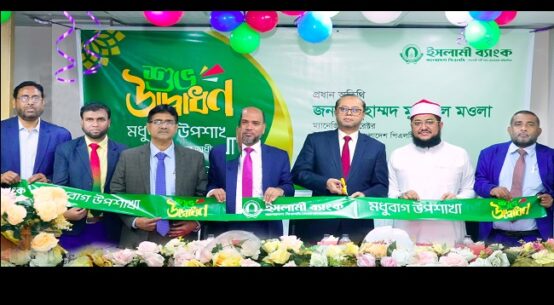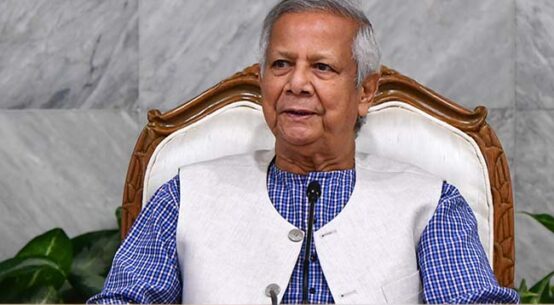The volume of stressed assets in the banking sector enhanced over Tk 5.50 trillion, causing a matter of serious concern for the economy, Center for Policy Dialogue (CPD) in a programme shared on Thursday.
Presenting a keynote paper titled ‘What Lies Ahead for the Banking Sector in Bangladesh?’, CPD Executive Director Dr Fahmida Khatun said the total volume of NPL has increased by more than ten times in the last one decade from Tk 427.25 billion in Q4 in FY’12 to Tk 1.46 trillion in Q2 in FY’24.
She said the actual NPL would be much higher if loans in special mention accounts, loans with court injections and rescheduled loans were included.
Combined together, this amounts to Tk 5.50 trillion, the leading local think-tank mentioned.
The CPD executive director also said that the banks are now used as vehicles for reaching the goal of financial oligarchy under crony capitalism.
When financial capital becomes concentrated in the hands of a few, monopolies extract supernormal profits at the cost of the welfare of the ordinary population.
Dr Fahmida Khatun, executive director of Center for Policy Dialogue, a private think tank, on Thursday said that financial sector in Bangladesh suffers from lack of good governance and accountability.
The central bank has closed its doors for journalists to facilitate the financial oligarchy, she said while speaking on a keynote at a dialogue on ‘What Lies Ahead for the Banking Sector in Bangladesh?’
“The country’s financial sector depends on banks. The role of this sector is the most important in the development of the country. But fragility has appeared in that banking sector. There has been a loss of good governance and accountability,” she pointed out.
Dr Fahmida said loan approval, rescheduling, write-off, and foreclosure are all being done in the banks whimsically. The central bank is not acting independently under external pressure not on their will. This situation should be changed.
She said that when wrong information is published, the policy measures will be wrong depending on it. Real-time information has to be provided on the websites of the central banks for the development of the financial sector.
Instead, the central bank has decided to restrict media’s access to it making information and data gathering difficult for journalists, she said.
Dr Fahmida said it is difficult to restore the good governance of the banking sector when the regulatory body (BB) itself can’t work independently.
“They (central bank) themselves are being subordinated to a department of the Ministry of Finance, and they are not independent. In this situation, there is no alternative to form an independent banking commission to restore the health of the banking sector,” she suggested.
“The commission should have the power to work independently and highlight the overall health of the banks,” she said.
In a paper presented at the dialogue, CPD illustrated that the total volume of non-performing loans (NPL) in the country has more than tripled in the last ten years, from Tk 42,725 crore in the fourth quarter of fiscal year 2011-12 to Tk 1,45,633 crore in Q2 of FY24. Both public and private banks are in the same position.
However, foreign sector banks are performing well in regard to bank management.
The liquidity crisis is gradually emerging in Islami Bank. Liquidity in Sharia sector banks was 39 percent from January 2011 to December 2016. However, from March 2017 to February 2024, the bank’s liquidity fell to 25 percent after changing the operational leadership in January 2017.
Professor Mostafizur Rahman, distinguished fellow of CPD said, that if the banking sector has to be pulled out of this situation, political decisions must be taken from the highest level, and transparency and accountability must be ensured.
Because, “We have seen in the past that the privatization of profits and the nationalization of losses of the banking sector,” he pointed out.
MA Mannan, former minister of planning, Barrister Anisul Islam Mahmud, deputy leader of opposition in the parliament, Dr Salehuddin Ahmed, former governor of Bangladesh Bank, Dr Ahsan H. Mansur, executive director of PRI, Mohammad Nurul Amin, former chairman, Association of Bankers, Bangladesh, among others, spoke at the event.


